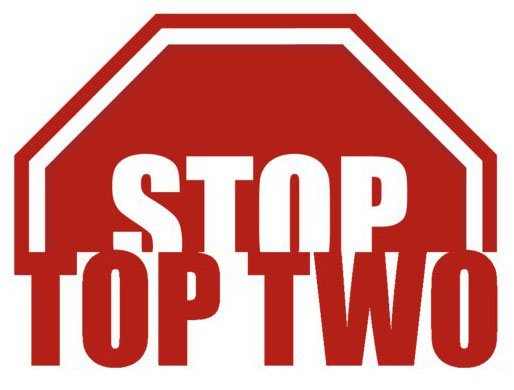
California’s Top-Two system of primaries have drawn a lot of criticism from inside and outside the state. It seems there is more opposition to California’s Proposition 14 every day since the law was enacted to institute a top-two primary system across the nation’s largest state California. Democracy Chronicles writer Richard Fobes also wrote an article called Against Arizona’s Proposition 121, a Flawed “Top-Two” Primary that also calls for an end to this new system of elections.
Ballot Access News the website of election reformer Richard Winger had a post leading to an article in the Sacramento Bee that shows that local reporters, at least in California’s capital of Sacramento, are also turning hard against the system which author Ben Boychuk calls an “abject failure.” The article explains that “Voters approved the “top-two” primary (Proposition 14) in 2010, whereby the two highest vote-getters in the June primary face off in the November general election, regardless of party affiliation. Is it working? Both Ben and Pia say “No!””
The article contains a discussion between Mr. Boychuk and reporter Pia Lopez that includes this bit by Mr. Boychuk:
Pia and I agree that the top-two primary was a flawed idea in theory, and a terrible idea in practice. The idea, couched in the language of post-partisan reform, was to foster a larger, less ideologically defined electorate that would in turn boost moderate candidates at the expense of “extremists.” It’s tough not the see the appeal, at least superficially, given the polarized politics that has become the order of the day in Sacramento and Washington, D.C.
As the biggest state in the country and extremely influential government, the methodology California uses to elect its representatives is vitally important to democracy. The very fact that such fundamental dials in our democracy are being played with is enough to draw interest from the American public. Wikipedia has some basic information about top-two primaries that it calls non-partisan blanket primaries. Take a look:
A nonpartisan blanket primary (also known as a qualifying primary, top-two primary, Louisiana primary, Cajun primary or jungle primary) is a primary election in which all candidates for elected office run in the same primary regardless of political party. Under this system, the top two candidates who receive the most votes advance to the next round, as in a runoff election. However, there is no separate nomination process for candidates before the first round, and parties cannot thin the field using their own internal processes (such as a convention). Similarly, it is entirely possible that two candidates of the same party could advance to the second round.
Wikipedia also has some information specifically about California’s law:
Proposition 14 is a California ballot proposition that appeared on the ballot during the June, 2010 state elections. It is a constitutional amendment that changed California’s election processes by consolidating all primary elections for a particular office into an election with one ballot that would be identical to all voters, regardless of their party preferences (a nonpartisan blanket primary). The two candidates with the most votes in the primary election would then be the only candidates who would run in the general election, regardless of their party preference, effectively transforming California legislative elections from first-past-the-post to a two-round system. The proposition was legislatively referred to voters by the State Legislature, and it was approved by 54% of the voters.
Democracy, elections and voting at Democracy Chronicles
Leave a Reply